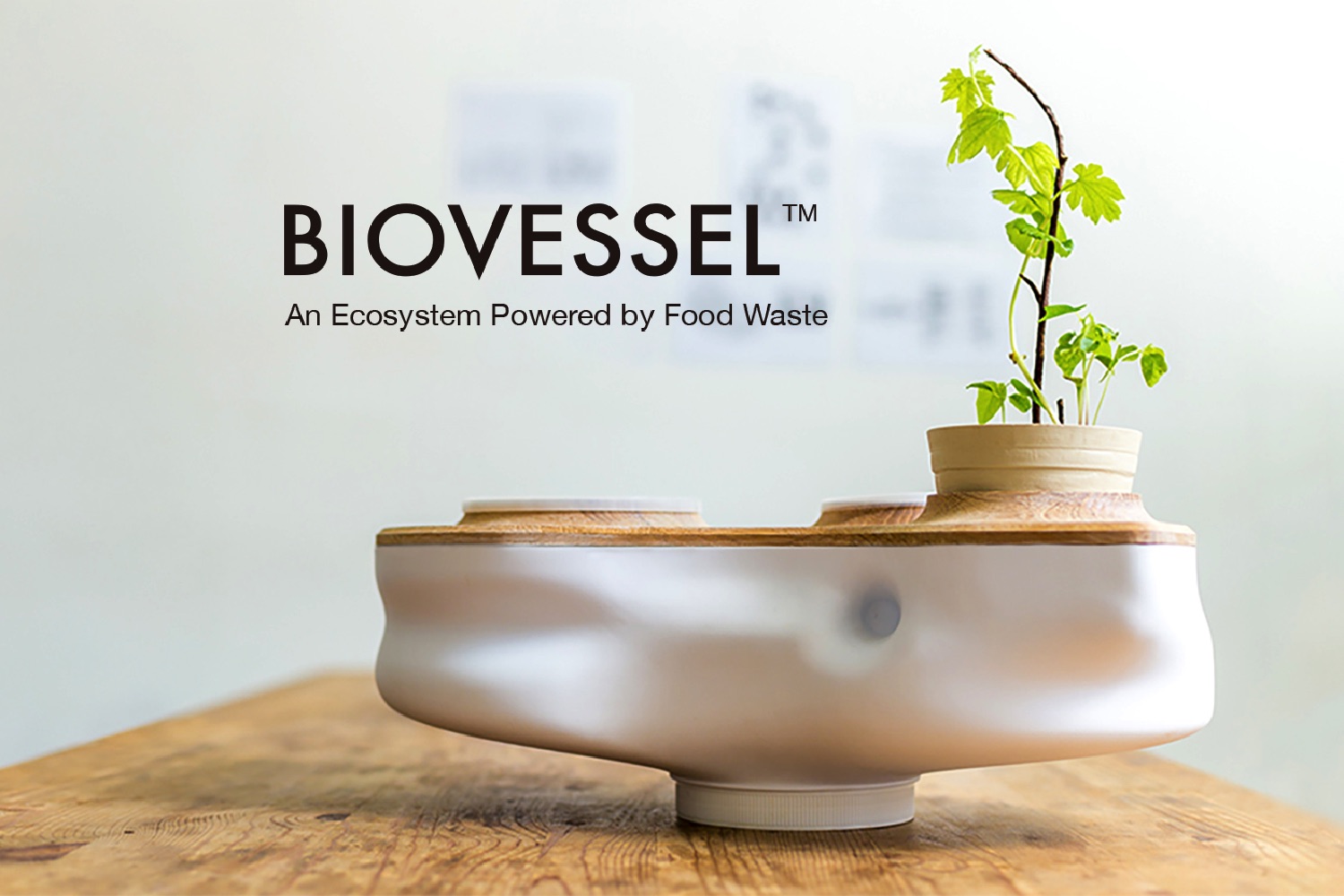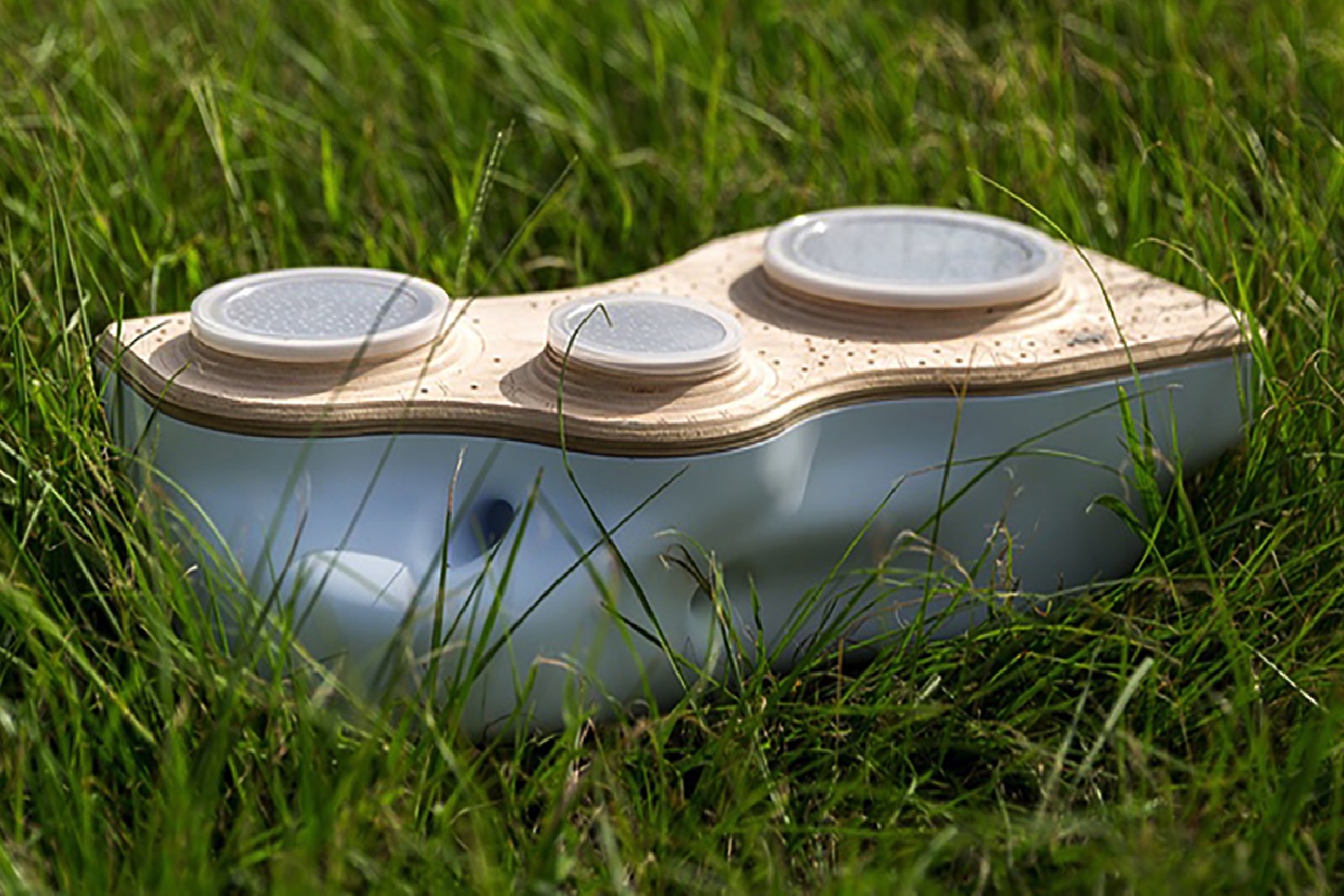By introducing a new composter called the Biovessel, this Kickstarter project wants to do away with regular indoor compost bins in favor of one run by “ecosystem engineers,” aka your garden-variety earthworms.
“[Our concept] is an indoor ecosystem that converts kitchen waste into organic fertilizer and a plants incubator with no electricity use,” Brooklyn Chao, founder of the Taiwan-based startup Bionicraft, told Digital Trends. “By using earthworms, the entire ecosystem is powered by nature.”
OK, so there’s something a bit fifth-grade-science-project about the whole thing, but it’s a pretty neat concept, which promises to beat out other similar worm bins thanks to its optimized, algorithm-honed design.
“We are a cross-disciplinary startup, [comprising a] biologist, landscape designer and architect,” Chao continued. “We first started several experiments and observation on earthworms and soil ecology [more than a year ago]. The data we recorded later translated into parameters for the [design] algorithms we wrote.”
These algorithms helped determine the shape of the bin, as well as the placement of holes in the ideal position to help them process household food waste. “The vessel shape is a gradient section that is designed to keep most of the worms in the upper portion of the soil, working on the food in the inlet hole,” Chao said. “The outlet hole — where people have to capture earthworm casting, a form of fertilizer — is designed to be more humid, therefore keeping most of them on top and also [making the] process as simple [as possible].”
Over time, the idea is that an entire (odor-free) ecosystem develops in your home: as the rich soil you produce helps you grow indoor plants and herbs, which reduces waste while also feeding back into the circular ecosystem.
You can pick up your Biovessel unit on Kickstarter with a pledge of $159.








